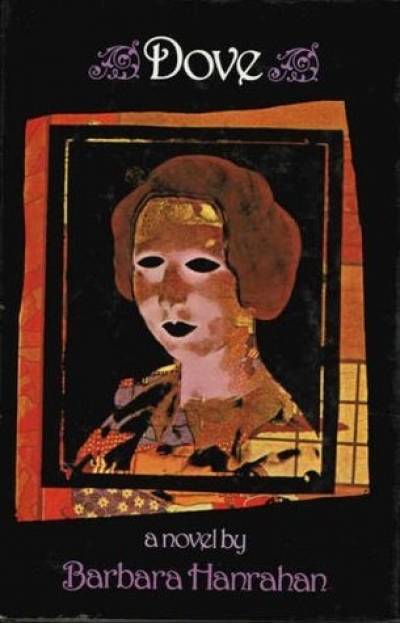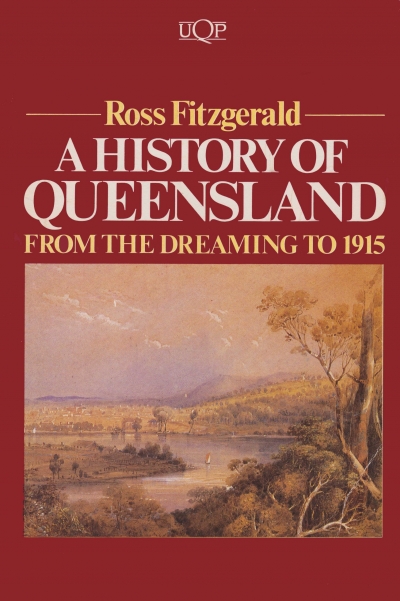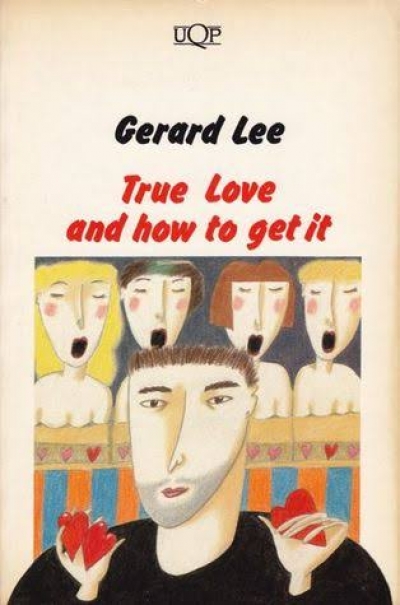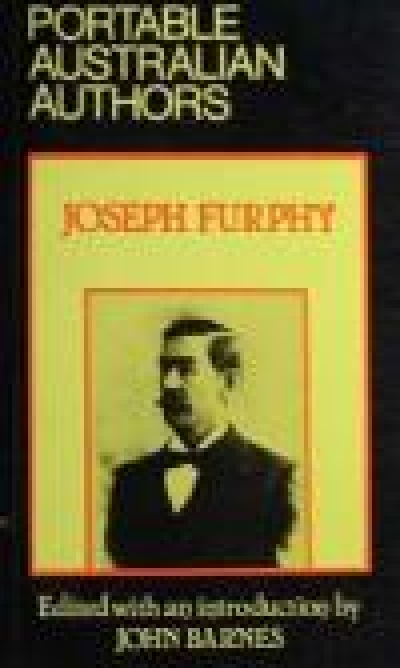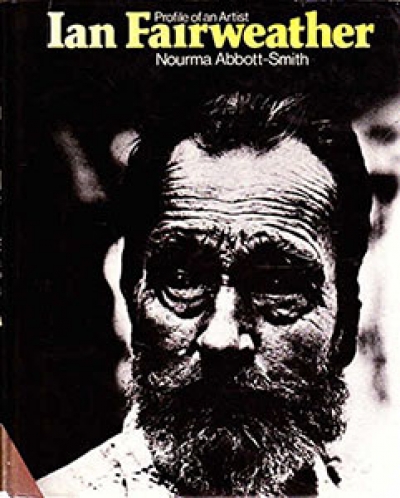University of Queensland Press
From the Dreaming to 1915: A history of Queensland by Ross Fitzgerald
by John Walker •
True Love and How to Get It by Gerard Lee & Bliss by Peter Carey
by Graham Burns •
Portable Australian Authors: Joseph Furphy edited by John Barnes
by John Hanrahan •
Ian Fairweather by Nourma Abbott-Smith & Conversations with Australian Artists by Geoffrey de Groen
by Gary Catalano •

